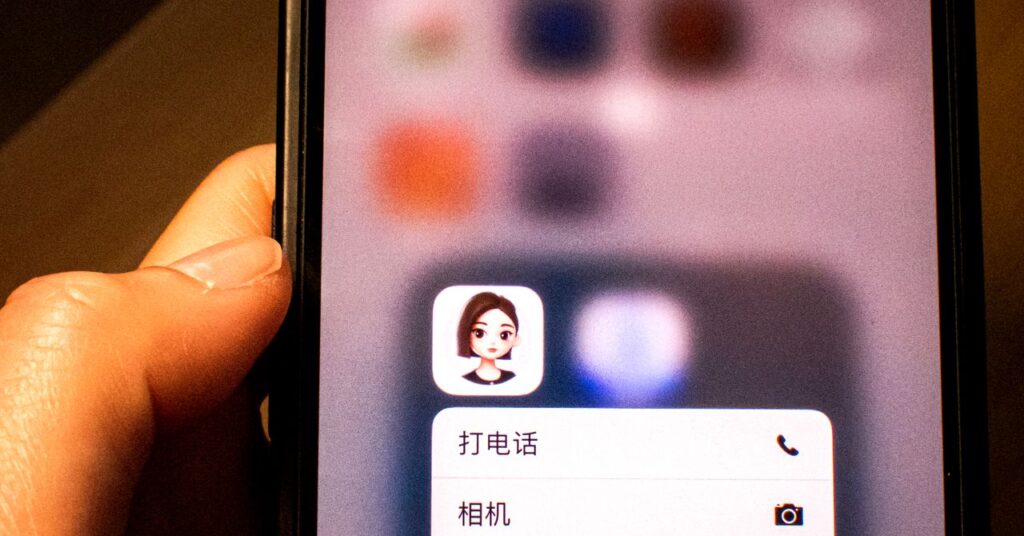ByteDance, the father TikTok company, has built what is currently the most popular AI chatbot in China: Doubao. Launched in 2023, the app has risen to the top of the country’s generative AI market, reaching more than 157 million monthly active users as of August, according to Chinese analytics firm QuestMobile.
But what is less known is that Doubao also has a counterpart abroad: Cici. It was released at the same time and features a female cartoon avatar almost identical to its app icon, except Cici’s has longer hair than Doubao’s. The app is region-locked and not available in China or the US, which explains why it’s even darker than Doubao.
But ByteDance has been quietly marketing Cici to users in the UK, Mexico and several Southeast Asian countries. Meta’s ad library shows that Cici ran more than 400 different ads in Mexico in October, most of which boasted about the model’s ability to solve math problems and the fact that it’s completely free. It also currently carries out advertising campaigns in the United Kingdom and the Philippines. On TikTok, creators from these countries have shared dozens of sponsored videos about Cici using hashtags like #ciciai.
Thanks to this marketing push, downloads of the Cici app have seen a noticeable increase recently. In markets such as Indonesia, Malaysia, the Philippines, Mexico and the United Kingdom, the app has ranked among the top 20 most downloaded free apps on the Google Play Store over the past three months, according to data from Sensor Tower, a market intelligence firm. In Mexico, for example, Cici has been the most downloaded free app on the Google Play Store every day for the past week. In the UK on Thursday, Cici was the ninth most popular free app in Apple’s App Store.
Cici makes little mention of its ties to ByteDance anywhere on the app or its website, but the Chinese company previously confirmed its control of the apps to Forbes in 2024. According to Cici’s privacy policy disclosure, it relies on technology from several other ByteDance-owned platforms, such as photo editor PicPic and coding assistant Coze. But when it comes to generating text, it uses OpenAI’s GPT and Google’s Gemini, not ByteDance’s big proprietary language models. (ByteDance did not respond to a request for comment from WIRED.)
The design of Cici’s mobile app also looks identical to Doubao’s. Users can chat with the AI via text or audio, generate and analyze images, and test autonomous agents generated by other users. But Cici is less advanced than Doubao in terms of multimodal and social features: it lacks the ability to generate music and video content, and users cannot share their creations directly on the platform.
Since TikTok took off, ByteDance has struggled to produce another app with the same global impact. Cici’s international influence is still far from Doubao’s home domain, but it shows that the company is making steady inroads and is willing to spend on acquiring new users. But without Chinese internet regulations blocking competition from Western AI players, ByteDance will have to go head-to-head with OpenAI, Anthropic and Google.



